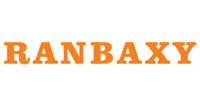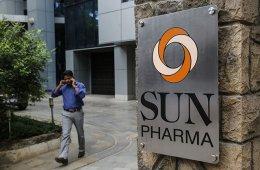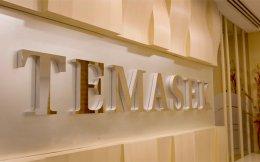The New York Attorney General and the U.S. units of Ranbaxy Laboratories and Teva Pharmaceutical Industries have settled claims that an agreement between the two drugmakers unlawfully restricted competition.
Under the terms of the settlement, the two generic drug makers will end a 2010 agreement of not challenging each other's rights to sell certain drugs exclusively in the United States.
"Agreements between drug manufacturers to protect each other's market positions violate fundamental principles of antitrust law, and can lead to higher drug prices," Attorney General Eric Schneiderman said in a statement.
Teva and Ranbaxy will pay the New York state $300,000 and have agreed to refrain from similar agreements in the future.
Schneiderman said that this case represents the latest application of recent legal precedent arising out of challenges to "pay for delay" agreements between brand name and generic pharmaceutical manufacturers.
The so-called "pay-for-delay" deals where brand-name companies pay generic rivals not to sell their versions of a drug at a fraction of the original price caught the attention of regulators around the world because it raises consumer bills and public healthcare costs.
The settlement, expected to be announced on Wednesday, concludes an investigation into the agreement relating to atorvastatin calcium, the generic version of Pfizer Inc's Lipitor - a drug used to treat high cholesterol.
The atorvastatin agreement related to the sale of only one drug, but by including "no-challenge" commitments as part of that agreement, the companies shielded dozens of their drugs from legal and regulatory challenges by the other, the statement said.
Both Ranbaxy and Teva neither admitted nor denied the allegations, as part of the settlement.
A Teva spokeswoman, Denise Bradley, confirmed the settlement, but declined further comment.
Ranbaxy, which is under regulatory scrutiny sparked by a U.S. ban on the bulk of its drugs, could not immediately be reached for comment.







